Mental health is a multifaceted and often misunderstood domain, particularly when it comes to conditions like mania and hypomania. These two terms are frequently used interchangeably, yet they represent distinct states with different implications for diagnosis, treatment, and daily functioning. Understanding mania and hypomania can be crucial for effective management and care. This blog aims to elucidate these differences and highlight how Resilience Behavioral Health in Atlanta provides critical support for individuals experiencing these conditions.
What Are Mania and Hypomania?
Both mania and hypomania are elevated mood states associated with bipolar disorder, but they differ in intensity and impact. Let’s break down each term.
Mania
Mania is a state of abnormally elevated mood, energy, and activity levels. It is one of the hallmark symptoms of Bipolar I Disorder. People experiencing mania often exhibit:
- Euphoria: An excessively elevated mood that may seem out of touch with reality.
- Hyperactivity: Unusually high levels of physical and mental activity.
- Reduced Need for Sleep: Feeling rested after only a few hours of sleep.
- Impulsivity: Engaging in risky behaviors, such as excessive spending, drug use, or unsafe sexual activities.
- Grandiosity: Inflated self-esteem or a sense of invincibility.
- Rapid Speech and Thoughts: Talking faster than usual and having racing thoughts.
- Distractibility: Inability to maintain attention on tasks.
Because of its severity, mania often requires immediate medical attention. It can lead to impaired functioning in social, professional, and personal contexts, sometimes resulting in hospitalization for stabilization.
Hypomania
Hypomania is a milder form of mania and is commonly associated with Bipolar II Disorder. While it shares many symptoms with mania, these symptoms are less extreme and less disruptive. Characteristics include:
- Elevated Mood: Noticeable but less intense compared to mania.
- Increased Activity: Elevated levels of physical or mental activity without significant impairment.
- Reduced Need for Sleep: Feeling refreshed on less sleep without severe exhaustion.
- Subtle Impulsivity: Mild impulsive behaviors that are usually not as damaging as those seen in mania.
- Self-Confidence: Increased self-esteem, but not to the point of grandiosity.
- Efficient Speech and Thoughts: Faster than usual but still coherent and manageable.
- Enhanced Focus: Higher levels of distractibility but still able to function well in daily tasks.
While hypomania can sometimes be seen as less serious, it also requires attention as it can escalate into full-blown mania or lead to depressive episodes.
Key Differences Between Mania and Hypomania
Understanding the critical differences between mania and hypomania is essential for accurate diagnosis and treatment.
- Severity: Mania is more severe than hypomania and often requires immediate medical intervention.
- Functionality: Hypomania generally allows individuals to function relatively well in their daily lives, whereas mania significantly impairs functioning.
- Duration: Manic episodes typically last at least one week and are continuous, whereas hypomanic episodes last for at least four consecutive days.
- Consequences: Mania often results in significant consequences, such as job loss, financial ruin, or damaged relationships, while hypomania’s effects are less catastrophic.
- Psychotic Symptoms: Mania can sometimes include psychotic symptoms such as hallucinations or delusions, which are not present in hypomania.
How Resilience Behavioral Health in Atlanta Can Help
Navigating the complexities of bipolar disorder, including distinguishing between mania and hypomania, requires expert intervention. Resilience Behavioral Health in Atlanta offers a comprehensive mental health program tailored to meet the unique needs of each individual.
Comprehensive Assessment
Accurate diagnosis is the first step towards effective treatment. Resilience Behavioral Health conducts thorough assessments to distinguish between mania and hypomania, as well as to identify any co-occurring mental health conditions.
Individualized Treatment Plans
Understanding that each individual’s experience with bipolar disorder is unique, Resilience Behavioral Health creates customized treatment plans. These plans often include:
- Medication Management: Appropriate medications to stabilize mood, such as mood stabilizers or antipsychotics.
- Psychotherapy: Cognitive Behavioral Therapy (CBT) and other evidence-based therapies to address thought patterns and behaviors.
- Psychoeducation: Educating patients and their families about the nature of bipolar disorder, triggers, and coping strategies.
- Lifestyle Adjustments: Guidance on maintaining a balanced lifestyle, including proper sleep, nutrition, and exercise habits.
Multidisciplinary Approach
Resilience Behavioral Health employs a multidisciplinary team of psychiatrists, psychologists, therapists, and social workers to provide holistic care. This collaborative approach ensures that all aspects of a patient’s well-being are addressed.
Supportive Environment
A supportive environment is crucial for recovery. Resilience Behavioral Health offers group therapy sessions where patients can share experiences and strategies in a safe, understanding setting. Family therapy is also available to help loved ones understand the condition and offer appropriate support.
Accessibility and Outreach
Recognizing the barriers to mental health care, Resilience Behavioral Health offers telehealth services, making it easier for individuals throughout Georgia to access the care they need. Their outreach programs aim to educate the community about mental health, reducing stigma and promoting early intervention.
Take Action Today
Living with bipolar disorder, whether it includes manic or hypomanic episodes, can be challenging, but you don’t have to face it alone. Resilience Behavioral Health in Atlanta is committed to helping you understand and manage your condition effectively.
If you or someone you know is struggling with mania or hypomania, don’t hesitate to reach out. Contact Resilience Behavioral Health today to learn more about our programs. Your path to stability and wellness starts here.


